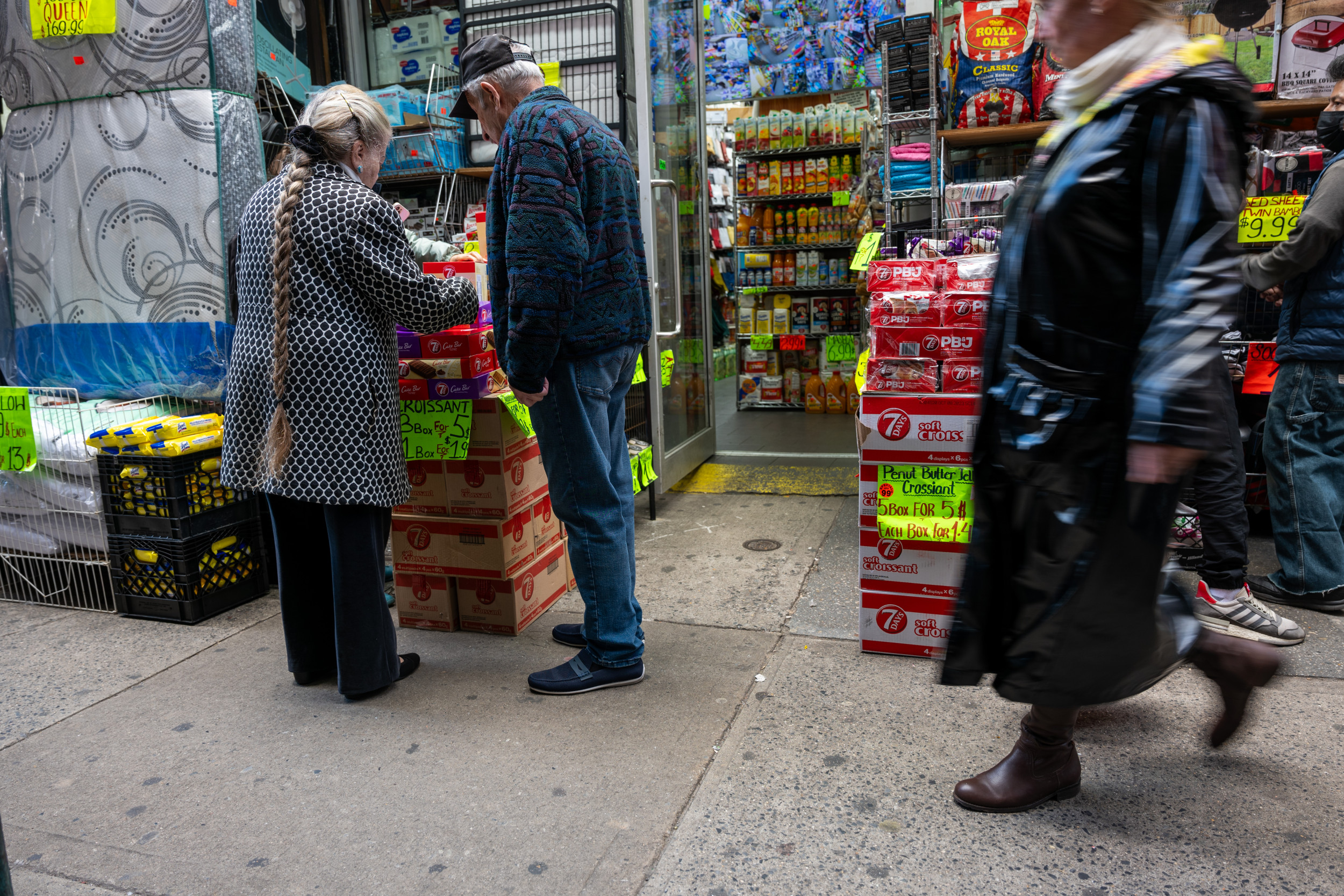Up to 1.6 million people in the U.S. may have developed a long-term inability to smell due to COVID-19 infection, according to a study published Thursday in JAMA Otolaryngology—Head & Neck Surgery.
The high number of people with chronic olfactory dysfunction (COD) as shown in the study provides another "growing public health concern of COVID-19," the researchers wrote.
The report also indicated that many of those with COD as a result of coronavirus may never fully recover their sense of smell.

An article from April 2021 by McGill University's Office for Science and Society reported that 30 percent to 80 percent of people who contract COVID will experience at least some degree of anosmia (loss of smell). Since the virus infection does not damage the olfactory nerve but rather the cells that support it, the belief has been that most COVID patients can expect to regain their sense of smell within weeks.
The new study published Thursday was authored by three Washington University School of Medicine researchers, two of whom are also editors at JAMA Otolaryngology–Head & Neck Surgery. It examined chronic COVID-related COD in the U.S. and used case data from the COVID Tracking Project.
The researchers estimated the number of people who had COVID-related loss of smell based on data from a separate analysis, which concluded that between 30 percent and 75 percent of those infected suffered anosmia. They also studied the recovery rates for people who experienced persistent COD.
They ultimately concluded that more than 700,000 and up to 1.6 million people in the United States have experienced a loss of smell that has lasted more than six months as a result of infection with COVID-19. The estimate also includes people who have had COVID-related parosmia—a type of smell disorder in which odors become distorted—but there were no specific numbers available for that group.
The authors also noted "[t]he true number of COD may be far higher" than their results found, since "state-reported positive cases likely underestimate the true number of positive cases."
"As the world enters the second year of the COVID-19 pandemic, chronic olfactory dysfunction (COD) has emerged as one of the symptoms of long-term COVID-19," the researchers wrote in JAMA Otolaryngology—Head & Neck Surgery. "The loss of olfaction has been associated with decreased general quality of life, impaired food intake, inability to detect harmful gas and smoke, enhanced worries about personal hygiene, diminished social well-being, and the initiation of depressive symptoms."
Uncommon Knowledge
Newsweek is committed to challenging conventional wisdom and finding connections in the search for common ground.
Newsweek is committed to challenging conventional wisdom and finding connections in the search for common ground.
About the writer
Jon Jackson is an Associate Editor at Newsweek based in New York. His focus is on reporting on the Ukraine ... Read more
To read how Newsweek uses AI as a newsroom tool, Click here.






